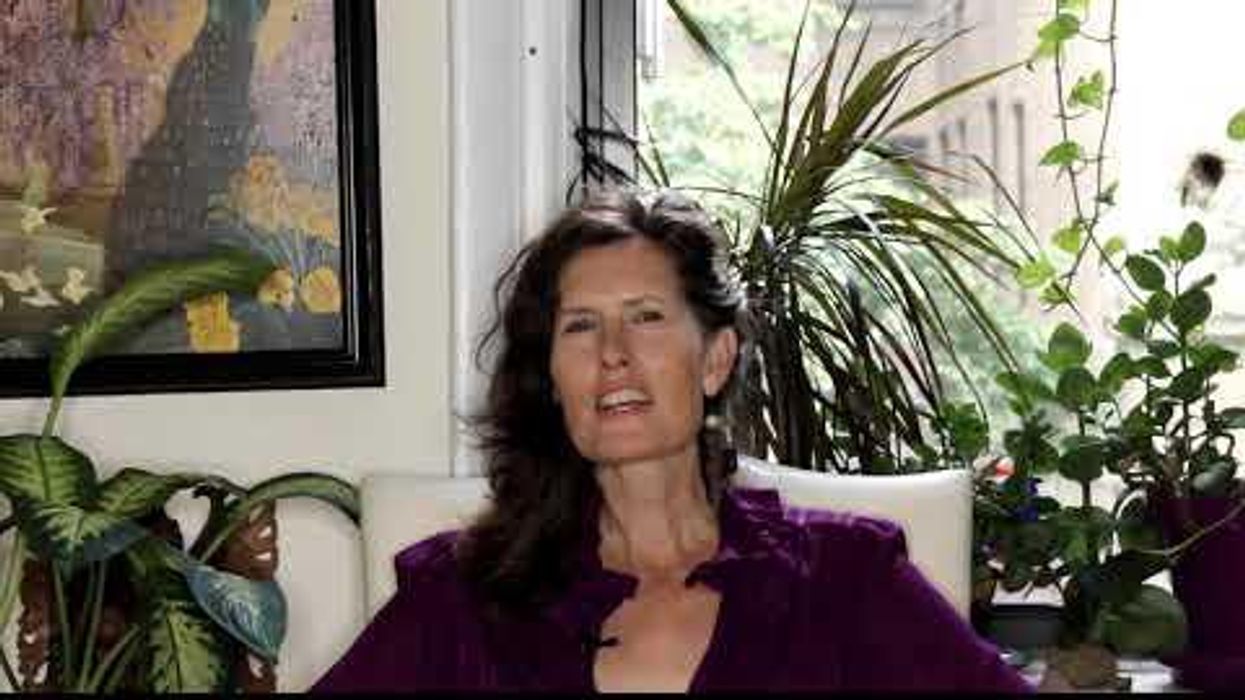In this episode of #ListenFirstFriday, Martha Williams, Co-founder of BreakBread World talks about the importance of good, healthy, mindful conversations over food and shared humanity.
Video: #ListenFirstFriday Martha Williams
#ListenFirst Friday Martha Williams




















Trump & Hegseth gave Mark Kelly a huge 2028 gift